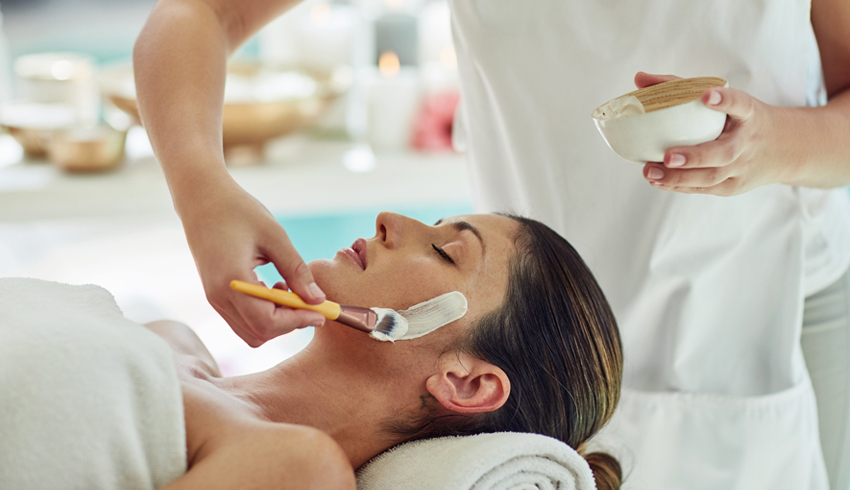In the world of beauty and skincare, chemical peels are a common sight. You can achieve skin rejuvenation with chemical peels. A peel is a procedure that removes the outermost layer of skin, which may help minimize the appearance of indications of aging, sun exposure, and post-acne scarring. At the same time, a brighter, softer layer of skin is exposed under the dead surface. The strength of chemical peels might vary. You may have adverse effects that you have not encountered before. You must understand how to care for your skin after seeking chemical peels in Brighton so that you do not experience any side effects and get the best possible results.
Natural peeling is the best method
Hands-off maintenance is the first guideline of post-chemical peel care. After that, your skin will be pretty sensitive. Even weak chemicals and acids may cause redness and irritation on the skin, so it is fair to assume that this will happen. Touching your skin when it is peeling and flaking might lead to the following:
- Infections: The cutaneous layer that the skin forms to keep out germs and viruses is a critical part of your immune system’s function. After a chemical peel, for instance, your skin’s protective barrier may be compromised, making it more susceptible to infections and other disorders.
- Breakouts: Your pores are completely open after facials or a peel. As soon as you contact your face, any bacteria on your hands might enter your body and create breakouts. Your hands’ natural oils may clog your pores and trap blemish-causing germs, even if you wash your hands often during the day.
- An increase in irritation: As it is, your skin is likely to be red and inflamed. The angrier it becomes, the more you scratch, itch, or pick at it. Before your skin properly recovers, it requires time to settle down.
After all, the fundamental objective of a peel solution is to let the dead and damaged skin cells come off naturally.
Use SPF to protect your skin from the sun’s harmful rays
Let us go right to the point: avoid the sun whenever possible, and use plenty of sunscreens. After a peel, your skin is especially vulnerable since it is been stripped of its protective layers. And the fresh skin that is exposed after a peel is susceptible to the sun’s harsh rays. As a result, it is more important than ever to take good care of it. When you cannot avoid the sun’s harmful rays, use sunscreen with an SPF of 30+ to protect your skin from the sun’s harmful rays.
Moderate hydration is vital
You may notice your skin become tight, dry, and itchy as the chemicals begin to do their job. As a result, it is easy to overdo it, but you must not. Remember that a chemical peel is all about getting rid of dead and damaged skin cells. A chemical peel is only as good as the time it takes to take effect. Instead of over-hydrating, you should keep moisturizing as usual.
It is crucial to note that everyone’s skin responds differently to skincare treatment. Taking care of your skin after a chemical peel can help improve the texture of your skin and lessen the appearance of dark spots, lines, and wrinkles.





